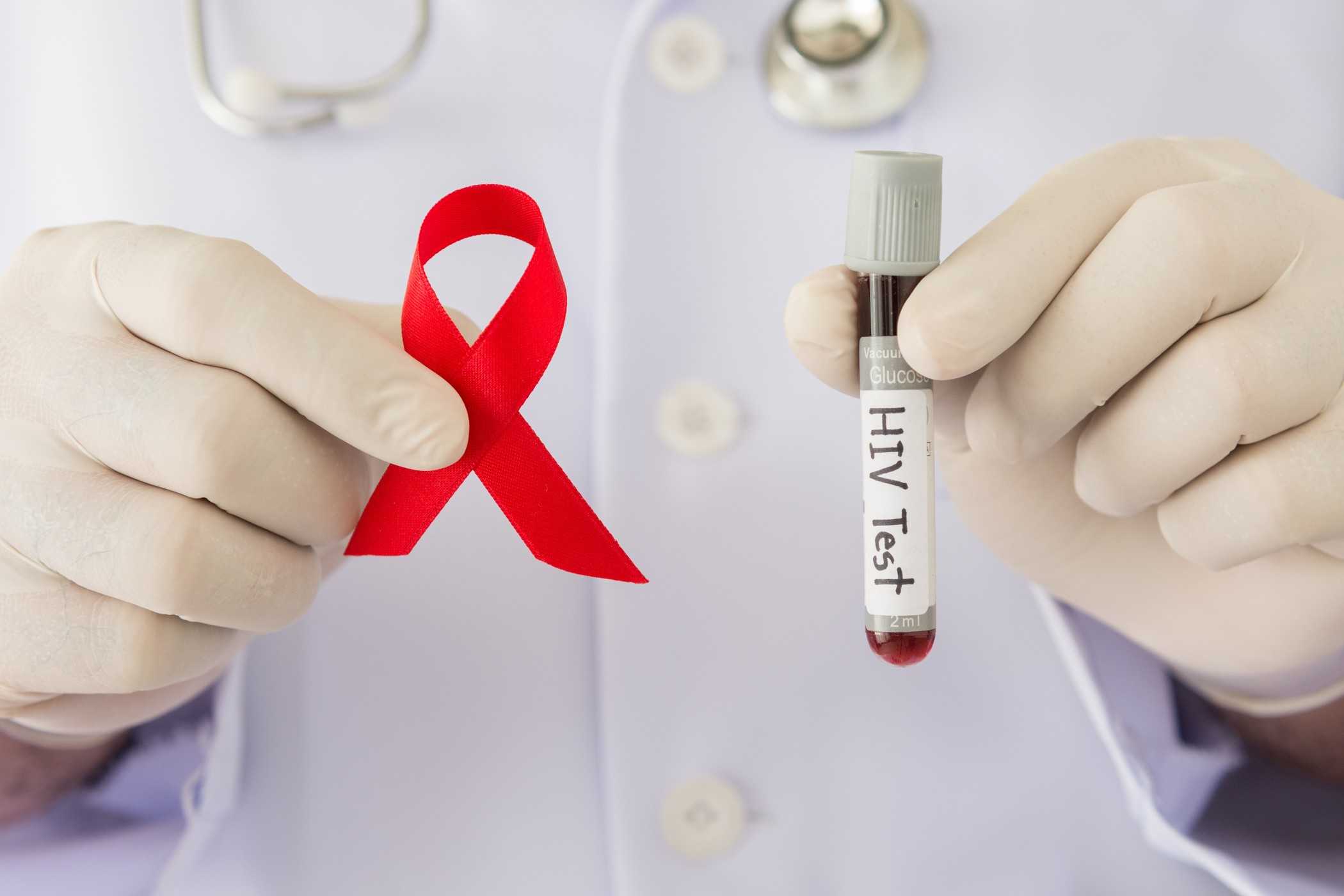Contents:
- Medical Video: Prepping for a Field Trip | That Teacher Life Ep 59
- What should be taken on a school trip?
- Day trip
- Overnight stay
- Potential risks: children get sick on their way to / from school visits
- Control steps:
- Potential risks: Children get sick when going far away
- Control steps:
- Potential risks: Children need help with their diabetes while staying
- Control steps:
- Potential risks: Insulin equipment is lost or damaged
- Control steps:
- Potential risks: Incorrect storage of insulin causes it to be ineffective
- Control steps:
Medical Video: Prepping for a Field Trip | That Teacher Life Ep 59
Differences in activity levels and food intake during school trips can affect blood glucose levels in children. Extra activities or reduced eating can make blood sugar levels drop dramatically, while happiness and more eating can make it rise. But this can be managed with the advice of a parent or child nurse with a diabetes specialist, so it's important to discuss the trip with them as soon as possible.
Unless children can control their own diabetes, someone who knows how to help control diabetes also needs to take part in this trip.
What should be taken on a school trip?
Equipment that needs to be brought on the go includes:
- Insulin and injection equipment
- Blood test equipment
- Hypo medicine
- Pump supplies (if needed)
- Additional food / snacks in case the hour eats late or if the child does not like the food available
- Personal identification card or bracelet
- A copy of the child's individual health plan
- Emergency contact number.
Day trip
Depending on what is planned for the day, you might not need to make adjustments. But talk to the child's parents or the nurse about what will happen before the trip to see if any changes are needed.
Overnight stay
By staying overnight, a child who uses an injection will definitely need an insulin injection and a blood glucose check (which may include a night check).
Depending on the length of the trip, children who use a pump may need to change the pump set.
If children cannot inject / regulate the pump and / or carry out their own blood glucose test, this should be done by the school staff member. School staff must meet with their parents / guardians and diabetes nurses well before the trip to discuss the help needed, and who will help.
Risk assessment
Children with diabetes should get the same opportunities in school as other children, and this extends to out-of-school visits, including overnight stays or if going out of town. School staff who organize activities must be aware of how diabetes might have an impact on their participation, but there must be sufficient flexibility to ensure children can participate.
School staff must consider the form of adjustment they might need to ensure that children with diabetes can take part in safe out-of-school visits. As part of this, they need to consider not only what support they can provide at school, but also extra care that may be needed during the stay (eg blood glucose tests), or for a longer period of time than the school day (for example a set of pump changes )
The main risk in children with diabetes is that they become sick because of high or low blood glucose levels. If not managed properly, this condition can require medical assistance. Activities, food, any changes in routine, stress, and excitement can all affect blood glucose levels, all of which may occur when a field trip takes place.
But if school staff are aware of this potential risk, they can take action to mitigate it.
The following points may be useful in assessing risk, but each child will have their own needs so consulting with children (if necessary), parents, and diabetes nurses is very important.
Potential risks: children get sick on their way to / from school visits
Sitting quiet for long periods of time can cause high / low blood glucose levels.
Control steps:
- Make sure the child's blood glucose meter, test strip, insulin, and medication are easily accessible during the trip.
- Test glucose levels and give children the opportunity to test blood glucose levels as often as needed.
- Make sure the child has easy access to food and drinks and can bring them if needed.
- Make sure there is a schedule for regular breaks to eat and go to the toilet.
- If children have medication to prevent motion sickness, make sure they consume it as directed by their parents / nurses.
- Ensure other steps to prevent motion sickness, such as sitting in front.
- Make sure all staff are aware of the signs of a child who is experiencing high or low blood glucose levels (hyper and hipo).
- Make sure there is a written plan, agreed by the school, parents, and nurses to manage the disease while away.
- Make sure a copy of the child's identity is taken on the visit.
Potential risks: Children get sick when going far away
Changes in routine or common diseases (such as fever) can affect blood glucose levels, which can make a child unhealthy.
Control steps:
- Make sure a copy of the child's individual health plan states clearly and in detail the care and support of the child's needs during the school visit and is carried out as written.
- Make sure the contact number of a parent, at least one adult, and a nurse, is taken on a school visit.
- Ensure that there are adequate staff trained in providing support for children's needs related to their diabetes.
- Ensure that there is sufficient time in the activity schedule to allow administration of insulin and monitor blood glucose if needed, and activities can be disturbed to treat hypo if needed.
- Make sure that there are facilities to check the carbohydrate content of food.
- Make sure parents provide children with enough snacks to cover additional activities / if the child does not like the food provided.
- Before the visit, make sure that the nearest hospital has facilities for children. This includes having enough staff on the visit to allow staff members to accompany the child until the parents arrive.
- Make sure all staff are aware of the signs of an unhealthy child with high or low levels of blood glucose (hyper and hipo).
- Make sure there is a written plan agreed upon by the school, parents and nurses to control the disease when leaving.
- Make sure a copy of the child's individual health plan is taken on the visit.
Potential risks: Children need help with their diabetes while staying
Control steps:
- Make sure there are enough staff to treat the child at night, whether for routine care or in an emergency
- Make sure there are enough staff if the staff has been up all night.
- Calculate the proximity of the child's room to the staff if they need help at night.
- Consider the child's diabetes equipment being taken while staying overnight and make sure there is easy access at night.
Potential risks: Insulin equipment is lost or damaged
Control steps:
- Make sure who is responsible for storing and carrying equipment at a school visit is written in a copy of the child's individual health plan.
- Make sure the storage location of the equipment is clearly made and followed.
- Make sure spare parts of all equipment taken on the visit are easily accessible at any time.
- Before the visit, make sure there is a hospital closest to the diabetes center in case further supply is needed.
Potential risks: Incorrect storage of insulin causes it to be ineffective
Ineffective use of insulin can affect blood glucose levels and can make a child unhealthy.
Control steps:
- Make sure that each insulin used (for example in the injector pen) is stored at room temperature.
- Take steps to prevent insulin from getting hot.
- Make sure it is stored in a cooler when traveling.
- When staying overnight, make sure there is a refrigerator to store insulin reserves.












